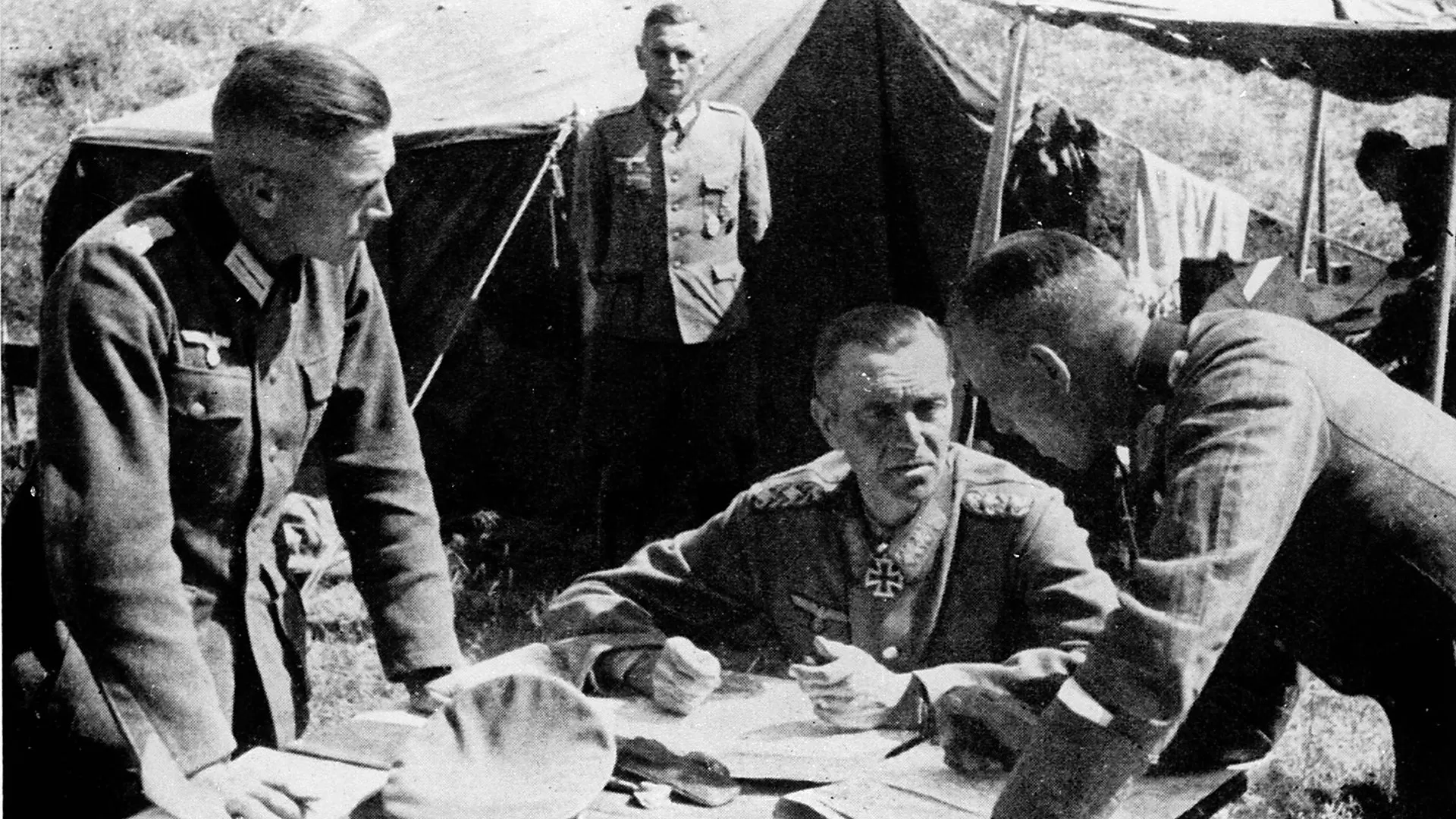Shocking Betrayal and Brutal Carnage: The Untold Story of the Stalingrad Siege

Prepare to be taken on a heart-wrenching journey back to one of the most harrowing battles in World War II history. The infamous Adolf Hitler, driven by his thirst for power and conquest, made a fatal decision that would lead to catastrophic consequences.

In a chilling move against the counsel of his own military experts, Hitler ordered the relentless 6th Army, commanded by General Friedrich Paulus, to lay siege on Stalingrad in a quest for vital oil supplies. Little did they know that this would ignite a catastrophic chain of events that would leave a scar on humanity forever.
The Luftwaffe mercilessly bombed the city, reducing it to a haunting wasteland where even the bravest souls trembled in fear. As the Sixth Army inched closer to victory, they were suddenly plunged into a harrowing urban warfare, where each step forward meant stepping into a realm of death and destruction.
One German soldier, witnessing the apocalyptic scenes, penned these chilling words: “Stalingrad is no longer a city…only humans endure it.” The once bustling streets now echoed with the cries of the dying and the desperate attempts of animals fleeing the inferno.
As the Soviet forces fought back with unwavering ferocity, a Red Army Sergeant defiantly declared, “Even if we had no weapons, we would have killed the invaders with our bare hands.” It was a battle of wills as much as weapons, with both sides determined to emerge victorious at any cost.
Then, on that fateful day of November 19, 1942, the Soviets launched “Operation Uranus,” a brilliant counteroffensive that encircled the unsuspecting Sixth Army like a noose tightening around their necks. Trapped, desperate, and outnumbered, the Axis soldiers faced a cruel fate as their supplies dwindled and the bitter cold of winter sank its icy claws into their bones.
Paulus, a man torn between loyalty and despair, pleaded with Hitler for mercy, for a chance to flee the encirclement. But the ruthless dictator turned a deaf ear, condemning his own men to a slow death in the frozen hell of Stalingrad. As the days dragged on and hope faded, Paulus made the gut-wrenching decision to surrender, marking a dark day in Nazi history.
When news of the surrender reached Hitler, the man known for his fiery rants and bold actions could only stare blankly into his soup, a chilling portrait of a leader haunted by the ghosts of his own making. The once-mighty Sixth Army had fallen, its soldiers sacrificed in a bid for power that led to nothing but ruin.
The echoes of Stalingrad’s agony continue to reverberate through the annals of history, a stark reminder of the horrors that can unfold in the madness of war. Let us never forget the sacrifice, the suffering, and the tragic downfall that unfolded in the blood-soaked streets of Stalingrad – a testament to the fragility of power and the brutality of human conflict.